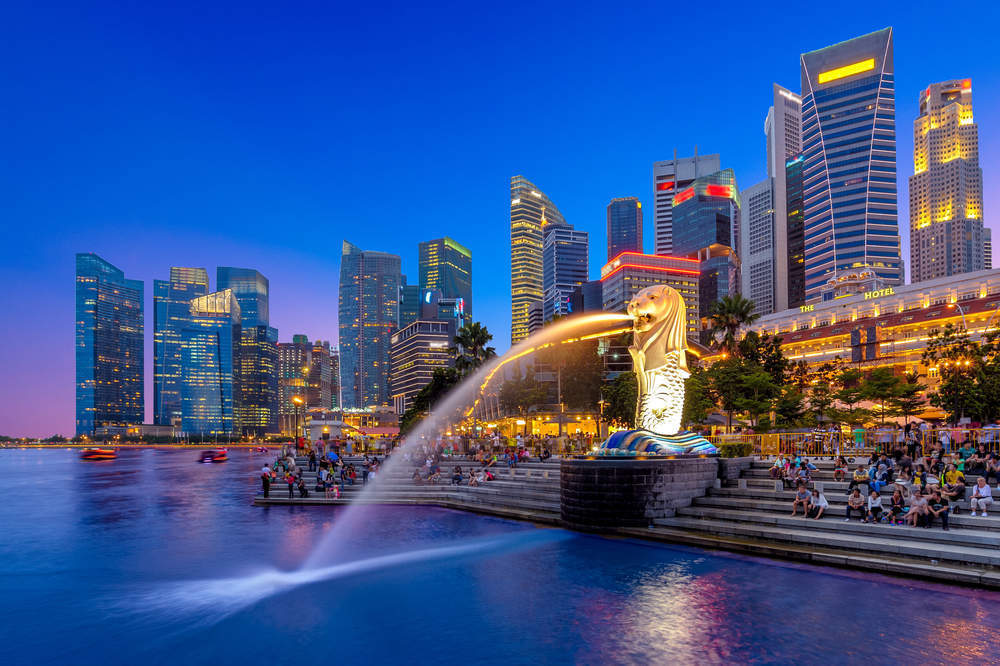
Under legislation introduced last year, private homes in Singapore must be rented on a minimum three month contract. This makes the Asian city-state a difficult market for rental app Airbnb to operate in.
Two Singaporean Airbnb hosts have paid the price, becoming the first to receive harsh penalties for flouting the rules.

Access deeper industry intelligence
Experience unmatched clarity with a single platform that combines unique data, AI, and human expertise.
After pleading guilty to four counts of illegal short-term property letting, both men were handed fines of 60,000 Singapore dollars ($45,800).
The two parties were charged with letting four units for less than the required period of time. Landlords must consult the city’s Urban Redevelopment Authority (URA) if they wish to rent for shorter periods.
They faced fines of up to 200,000 Singapore dollars per offence. Prosecutors suggested fines of 20,000 Singapore dollars per charge, with the defence seeking a fine of 5,000 Singapore dollars per charge. Judge Kenneth Choo opted for a fine of 15,000 Singapore dollars per offence.
Choo believes that the fine will be enough of a deterrent to stop others from breaking the rules.

US Tariffs are shifting - will you react or anticipate?
Don’t let policy changes catch you off guard. Stay proactive with real-time data and expert analysis.
By GlobalDataWhy it matters:
The conclusion of this case, the first of its kind since the laws were changed, shows that Singapore is willing to get tough on those that continue to offer properties for rent on a short-term basis via platforms like Airbnb.
The changes were made following a growing number of complaints by locals regarding short-term rentals. The number of complaints lodged with the URA climbed by 61% between 2016 and 2017 from 377 to 608.
The URA has seemingly taken these complaints on board and will continue to put local residents above tourism.
What was said:
National Development Minister Lawrence Wong previously said:
“Private residential properties should not be used for other purposes without planning approval, as there is a need to safeguard the living environment of residents in the neighbourhood.”
However, Airbnb is confident that Singapore will reconsider. The property rental platform hopes to come to an agreement that will make it easier for hosts to provide accommodation for shorter periods of time.
Chris Lehane, Airbnb’s head of global policy, previously told Reuters:
“We feel optimistic that as the government looks around and sees the 400 plus partnerships that have been done, that if we can figure this out in Cuba, we should be able to figure it out here in Singapore.”
Background:
While those that wish to offer properties for rent on short-term deals must consult the URA, there are no set rules on whether the URA accepts these proposals.
However, there are plans currently under discussion to create a new category of homes that will allow property owners to register their homes as short-term rentals.
The URA has said it will host a public consultation on the proposed short-term letting regulatory framework.







